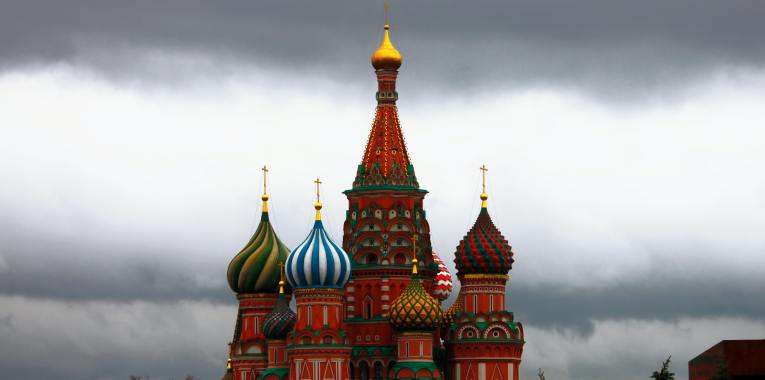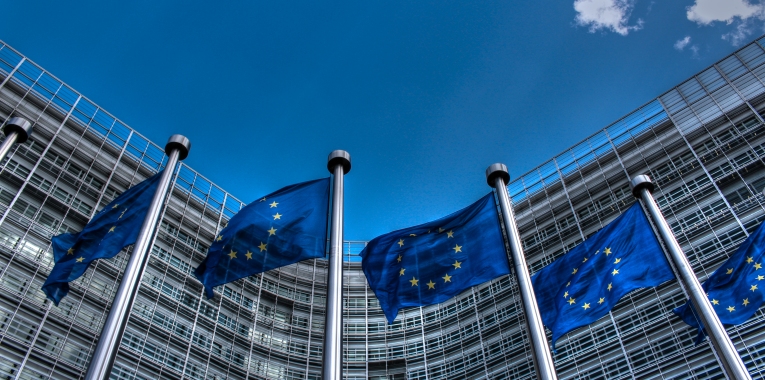Ariel Koh
On 28 December 2021, Memorial International, Russia’s oldest human rights group, whose aim was to preserve memories of Soviet-era totalitarianism to educate the populace, promote democracy and ‘restor[e] historical truth’, was ordered shut by the Russian Supreme Court. In a year that witnessed the arrest of Putin’s most prominent opponent, Alexei Navalny – who was also tried for the defamation of a war veteran – crackdowns on a specific historical narrative that complements Putin’s domestic and foreign objectives point towards his increased ambition to restore Russia’s former greatness.
Continue reading “Weaponising History: Putin’s Strategy for Domestic and Foreign Policy Success”


